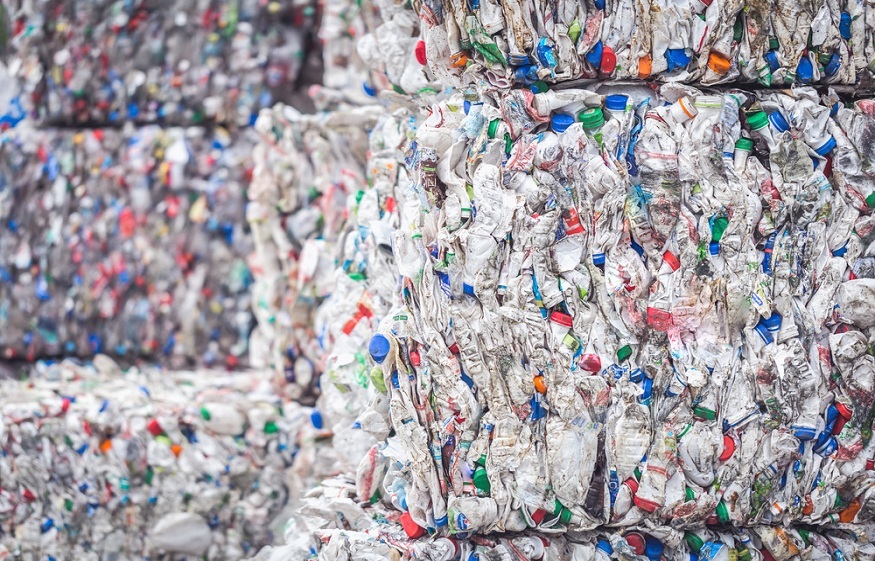
India has become the first major country in the world to ban most single-use plastics. The ban went into effect on July 1, 2022. Moving forward, it is illegal to manufacture, import, stock, distribute, and sell any of the single-use plastics listed in the regulations. Now what?
Government regulators in India have done what other countries have only talked about. Here in the U.S., there is no shortage of people who believe we should enact a similar ban. But what if we did? What would the consequences be, above and beyond just reducing plastic waste? No one knows. However, the rest of the world now has an example to look at.
Billions of People
India is second only to China in terms of population, with more than 1.41 billion residents. China comes in at just over 1.42 billion. By comparison, the U.S. sits at third place with a paltry 338.2 million. India’s population is about four times ours. So if they can make a single-use plastic ban work, maybe U.S. regulators will be prompted to follow.
It should be noted that India’s per capita plastic consumption is already less than half the global average. Per capita usage should drastically drop now that single-use plastics are no longer allowed there. It will be interesting to see what takes the place of the newly outlawed plastics.
There Are a Lot of Them
By definition, single-use plastics are designed to be discarded after just one use. If you attempted to list all the single-use plastics you utilize on a daily basis, you would find there are a lot of them. If you use any of the following, you are a single-use plastic consumer:
- Plastic utensils
- Disposable coffee cups
- Plastic takeout food containers
- Plastic food wraps.
The four items mentioned here barely scratch the surface. If you do not use any of them, do you at least buy beverages packaged in single-use plastic bottles? In all likelihood, yes. Hundreds of billions of PET plastic bottles are manufactured every year for the beverage industry. The chances of you buying bottled beverages are pretty high.
It is important to note that recycling PET plastic bottles is fairly straightforward. According to Seraphim Plastics in Memphis, TN, PET is the most recycled plastic in the world. Still, we do not recycle enough of it.
They Have to Be Replaced
Getting back to the plastic ban in India, all those single-use products need to be replaced. That is going to be a tall order for sure. Single-use plastic cups are easy enough to deal with. It’s no big deal to drink your coffee out of a reusable aluminum cup you carry with you throughout the day.
The hard part is going to be eliminating things like take-out food containers and plastic wrap. Restaurants will have to start using paper alternatives. Likewise, customers are going to have to get used to the fact that paper doesn’t work as well as plastic to contain fresh food.
In the grocery store, all those plastic containers will have to be replaced with some other material. Aluminum is an option, but it is not the best option. Paper is probably the only other choice. But it doesn’t work well for food products that need to be preserved for more than a couple of days.
Banning single-use plastics is a fantastic principle in theory. How it actually plays out in reality is another question. If our own government is entertaining the idea of a similar ban, regulators would do well to put things on hold while they observe what happens in India.
